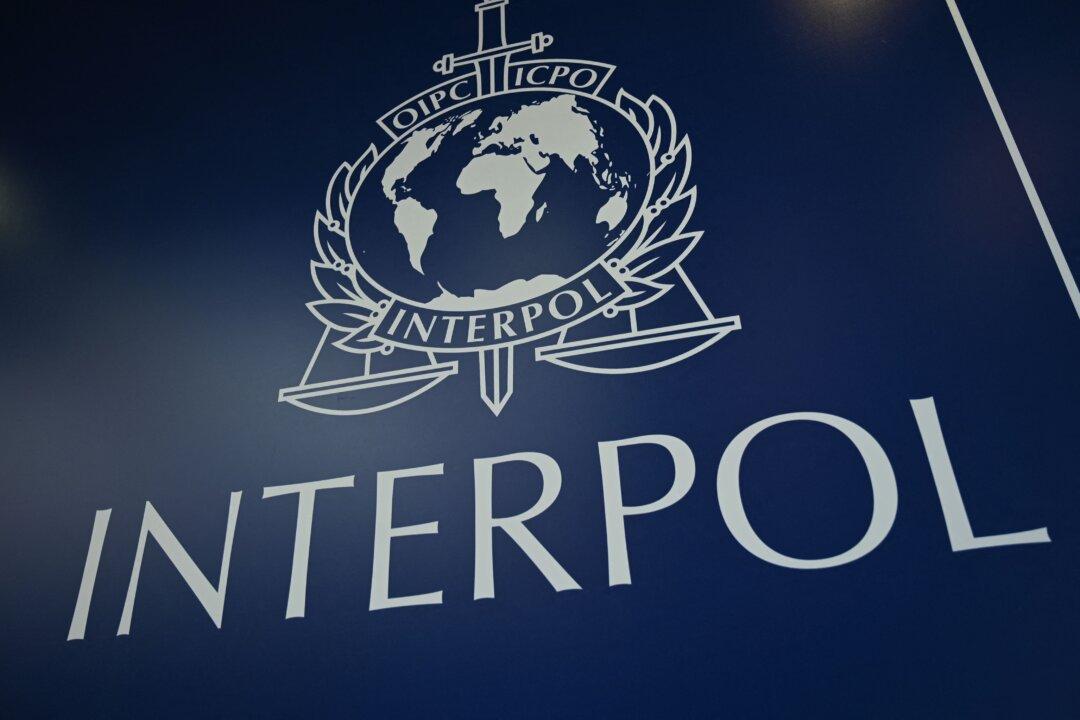Commentary
Several high-profile Hongkongers—all former lawmakers and pro-democracy leaders—are now living in exile and seeking help from an unlikely place: Interpol.

Several high-profile Hongkongers—all former lawmakers and pro-democracy leaders—are now living in exile and seeking help from an unlikely place: Interpol.